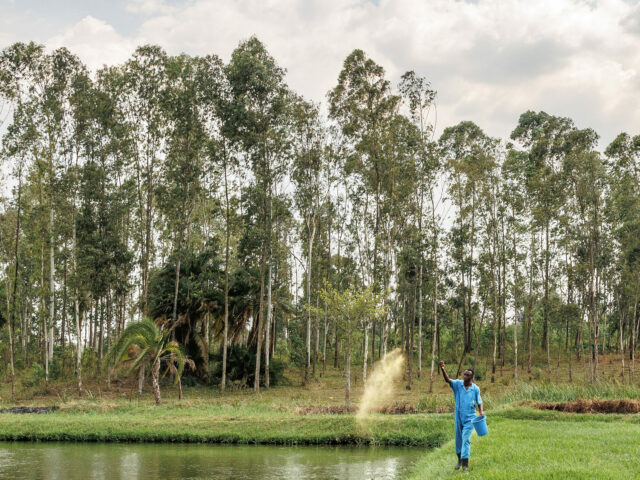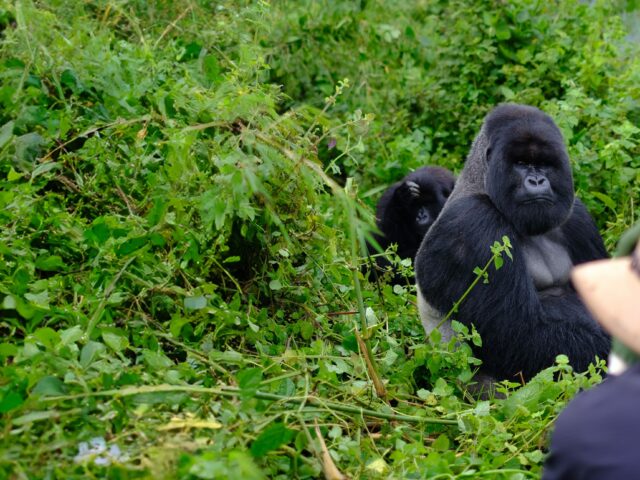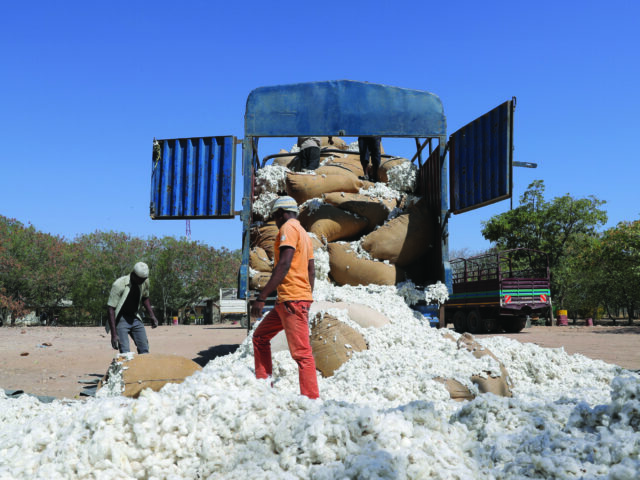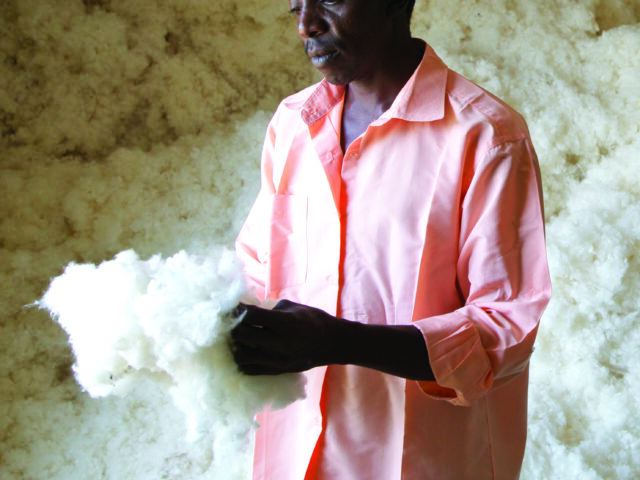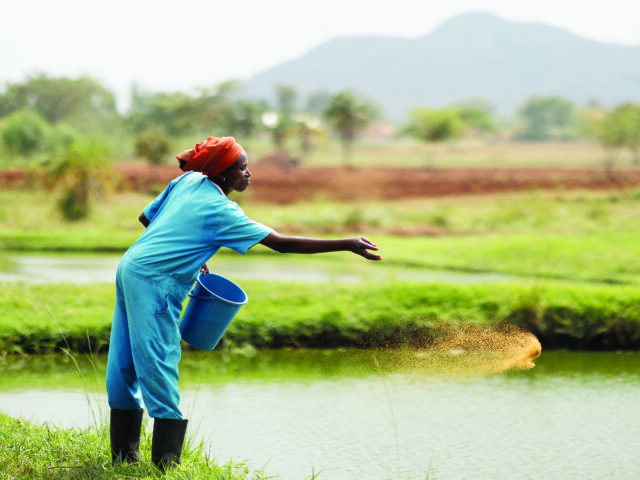From the roots up – the future of East African Tree Breeding
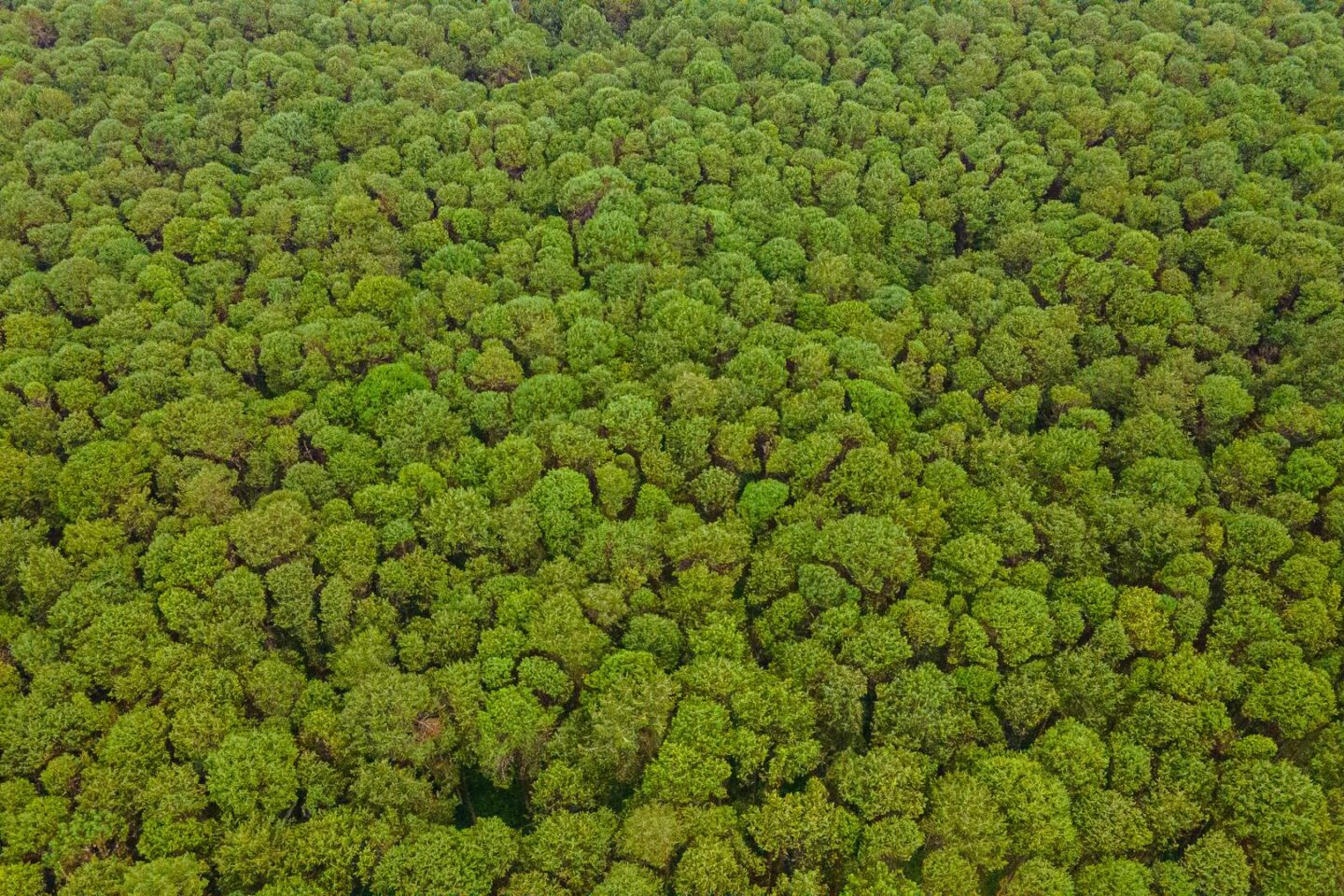
with Charles Kisima
Nurseries play a vital role in the quality of trees produced, but they are just one piece of this puzzle. The seeds themselves will also play a huge role in determining the resilience, productivity and quality of the trees that develop. Building on our discussions on Plantech, I’ll be diving deeper into the role of tree genetics in East Africa.
Across the sector there had been a growing interest in Tree Breeding. In early 2022 Gatsby Africa began engaging with the private sector and government players to understand the current genetic landscape in East Africa, developing our understanding of the potential benefits tree breeding could bring.
It became clear that the regions commercial forestry sector was being held back by a very narrow genetic base, undercutting quality, and leaving it increasingly vulnerable to droughts, pests, and disease. Most seeds being used had not been developed for commercial use, undercutting their value in commercial markets, and reducing opportunities for growers. This was particularly pronounced in Uganda, where just one species of Eucalyptus (G.U 7/8) and one Pine (Pinus caribaea hondurensis) accounts for most of the sectors planted forests.
We found that almost all the clones in widespread use had been introduced over 20 years ago, leaving growers vulnerable. However, despite the clear opportunity, the development of clones is a long and expensive process.
We knew we needed to find a creative way of filling the burgeoning gap, despite having limited resources available. We decided that a collaborative approach locally and regionally was the way to go.
A tree improvement exposure visit held in Tanzania was used as starting point to bring together tree breeding organizations from South Africa, tree improvement experts and East Africa growers in one room. Among the organizations represented were SAPPI, a global pulp and paper producer, Hans Merensky, a large South African timber and fruit company, the Institute of Commercial Forestry Research and the Hybrid Clonal Consortium (HCC). Two experts from creation breeding and Sulwe were in the room.
The visit brought perspectives from key private sector players and research institutes, cementing the importance of this opportunity for the sector.
The HCC’s innovative work on eucalyptus genetics offered an exciting opportunity for collaboration, and Gatsby began working to support a number of growers to join the consortium and access this opportunity.
Private growers access new clones from HCC
By the end of 2023, 9 new variations of eucalyptus were already being tested in East Africa, before rolling out across the commercial sector. These variations alone have the capacity to raise the region’s hardwood productivity potential by over 30%. Besides the potential boost in productivity, the range of genetic material also reduces the risk to investors, giving them a choice of what to plant in order to begin working different value chains. In turn, we expect introducing this new genetic material will trigger the growth of a range of new wood value chains for the region.
Today we are building on this by working with other tree-breeding organisations across the globe to extend this work to pine germplasm. Pine genetics alone have the potential to improve the productivity of softwoods in East Africa by over 40% by injecting newer genetics to complement the old seed genetics, most of which were introduced over 30 years ago.
Innovation often makes us think of sudden, dramatic change, visible to all and easily understood. But working on this, I’ve found the greatest innovations sometimes start in the smallest details. It’s often about testing solutions and making careful that have the power to have bigger knock-on effects. We work with a range of tree breeders across the region, from the HCC to the Tree Improvement Working Group in Tanzania and are excited about the growing number of opportunities for productivity, resilience, and value addition.
To find out more about this opportunity, and our work moving forwards, keep an eye out for our Tree Breeders Corner in Miti magazine.
